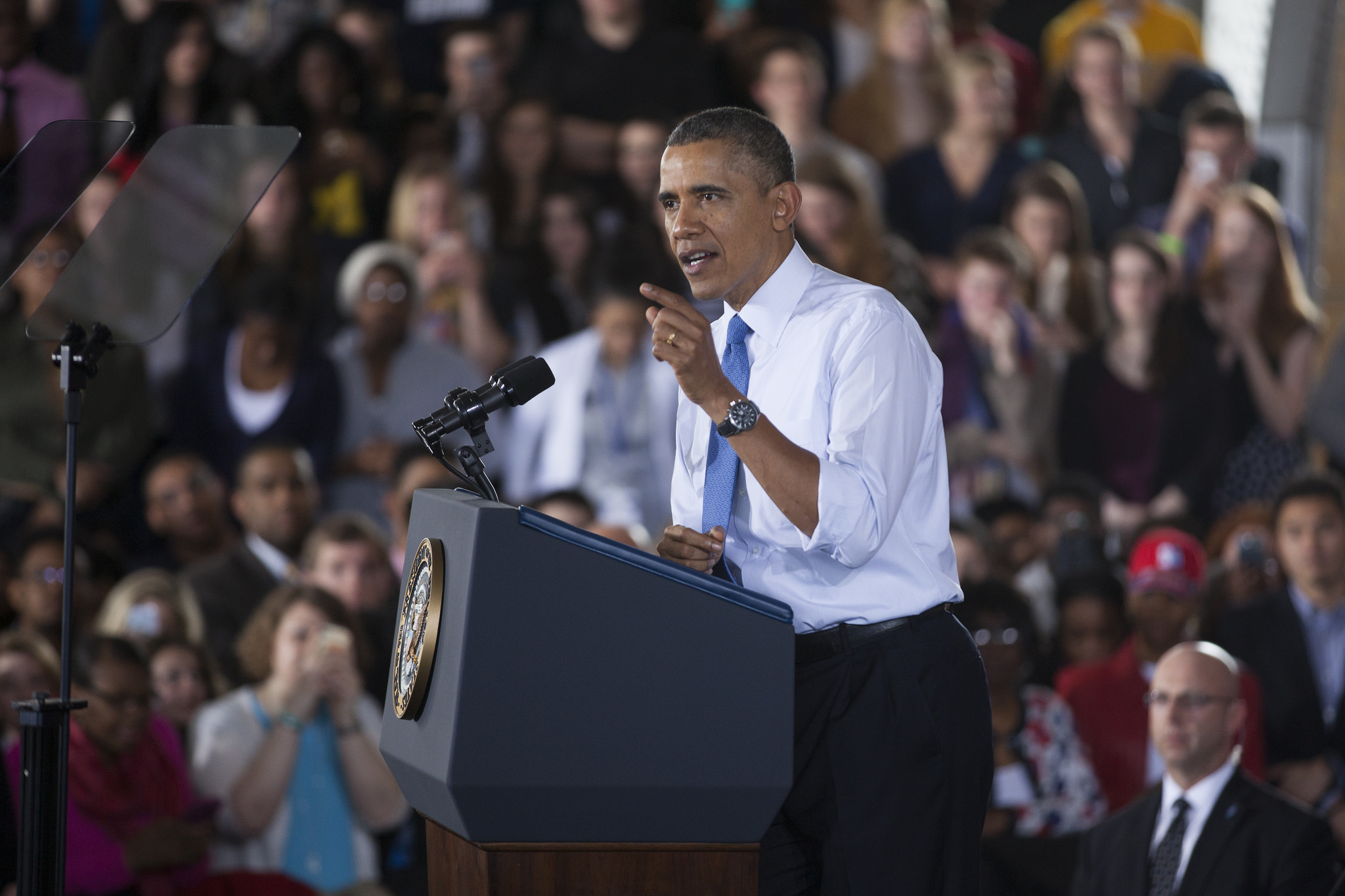Scale is important. Agriculture is something that scales very well, such that bigger operations are frequently more profitable.
To intentionally have an industry where labour exploitation is allowed means that industry will be rubbish to work in. The direction of causality is from the labour laws to the conditions, not some magic feature of farming that it has to be exploitative to be profitable.
You say wages cannot rise. If they had to, what do you think would happen? Would the fields go untended? Would people go without fresh fruit and veg rather than pay 7% more for them? Or would prices of labour intensive food products rise?
OK, I haven't really had the free time to put all my thoughts in order on this. But I'll give it a shot anyways.
Start with what labor economics says. Now some of this seems contradictory. But a Labor Econ 101 summary is basically this: A job pays more if it is difficult, dirty, dangerous, requires a high skill level, requires skills that are hard to acquire, and that sort of thing. It pays less if unskilled, easy, clean, safe, that sort of thing. In short, the employer has to pay a premium the harder it is to find people who can do the work, in order to make people willing to do the work,
But Labor Econ 101 also says that a job pays the "marginal product" of the labor. What this means is that if someone works an hour, and the market price of what they have produced is $20, then they should earn $20. Now this isn't true. But it has been the Labor Econ 101 answer for decades now. And it's only really being challenged recently. So why isn't it true?
Keeping the examples to farming, farming is a pretty high costs to revenue type of business. Assume away purchasing the land, as we'll assume multi generational family owned farms. That doesn't really cut your costs that much. The farmer (or farm operator, for big industrial or socialized operations) still has to deal with any taxes on the land and facilities, the construction and upkeep of any buildings and other facilities, work on the land itself, for improvements or repairs, the purchase and upkeep of all the vehicles and machines used, the fuel for all of the above, seed, fertilizer, pesticides, and many miscellaneous things. And then, on top of that, the farmer still needs their personal residence, vehicles, and enough of an income to live on. Because if the farmer doesn't get that, he sells out, or just walks away. Or gets foreclosed on. (Remember Farm Aid? Big thing of charities led by high profile musicians to help farmers facing foreclosure. It's a big issue, and has been since banks and farms have coexisted.)
Now your labor can't just say "I picked $20 worth of produce in an hour, pay me $20!", because it doesn't account for all of those costs that the farmer has to pay in addition to the labor. So instead of labor getting the marginal product (gross) of their labor, they are only getting the marginal product (net) of their labor.
Except they're not even getting that, because that's wrong too, even though it was the conventional wisdom in economics for decades. No, instead the new thinking in labor economics is what I've been telling them since the late 1980s (no one listens to me, because I too dyslexic for math). And that is that the price of labor is determined the same way that the price of anything else is determined: Supply and demand. But the other part of it, is it difficult, dirty, dangerous, still applies. Farm labor very much is those things. Fact is, the physical difficulty is high enough that most Americans can't do it. Now we could, were we raised to it, like most people were even 100 years ago. But we've stopped being raised to it. Hell, the US military has trouble finding recruits that meet their physical requirements, without extra training! This labor force isn't there, in the domestic labor market. Because anyone who can do it, can get a better job somewhere else. So to overcome the fact that people with that physical ability can get better jobs elsewhere, wages would have to go up by a lot. So why don't they?
Talked a bit already about the cost side of running a farm. Now what of the revenue side?
Farmers in the US, for the most part, do not sell to the final consumers of the foods. They sell to wholesalers, and "big food". The nature of this market is that you have many sellers, and few buyers. And this is a market structure called "oligopoly". The oligopoly has almost the same market power as a monopoly. Which is to say that they are price setters. Not price takers. There are limits on how responsive they are to market pressures on prices. They can't control everything. But they do mean that the farmers essentially control nothing when it comes to wholesale food prices. They either take the oligopoly market price, or they go out of business.
And by market prices, that means that despite Trump's noises and general protectionism, this is the United States of America. And the American agricultural market is the world agricultural market. In both directions. And for longer than the US has been an independent country. It started with tobacco. Then sugar, rice, cotton. Then we started building roads, canals, railroads. A farmer in isolation produces for the local market. A farmer connected by roads is part of a global market. And all of the farmers in America are connected to that market.
The US can easily meet the whole of it's food needs from domestic production. We're that blessed with the natural resources, and we're just good at it. But the US also is incredibly intertwined with the global food trade. And this competition keeps food prices low, while expanding variety. But it also keeps farmer incomes low. Which in turn means that they have to keep labor costs low.
This page provides an overview of U.S. agricultural exports and imports since 1994. The page also contains trade data and interactive charts.

www.ers.usda.gov
So the next part I want to get into is something I was talking about elsewhere recently, and that is why does the US still have major manufacturing output, even though it's a high labor cost country? And the answer to that is that the US manufacture that remains is mainly high value added per labor hour products, and the things that low wage nations typically export are low value added per labor hour products. Farm produce is at or near the bottom of value added per labor hour. And that speaks back to labor is paid it's supply meets demand price. Which is going to be low.
So the US really has a choice, between having the ability to be a major food exporter, more or less sufficient on our own food, or be unable to feed ourselves, and be dependent on the global food supply chain. But doing it ourselves means that we have to have enough farm labor. Labor that we cannot domestically source. So why will immigrants do it, if it's too crappy of jobs for Americans? Because they come from worse. Because they have the physical toughness that Americans mostly don't any longer. Because this is their best chance to improve their family's situation and their own.
Now could we make it better for them? Sure. Legalize it. But even as illegals, it improves their lives.





